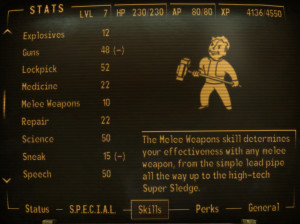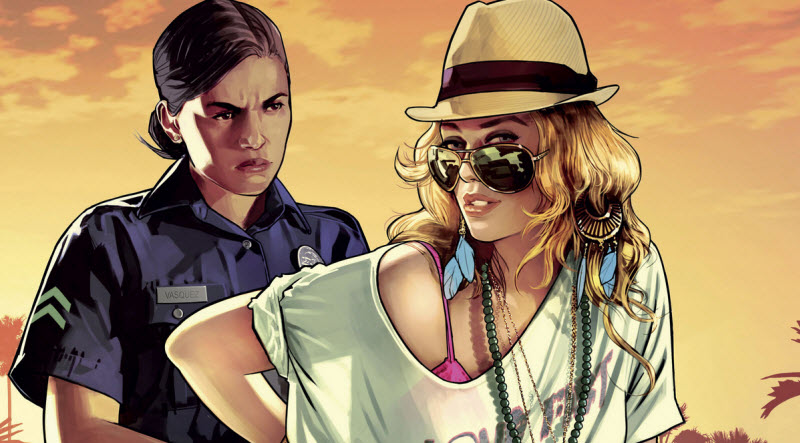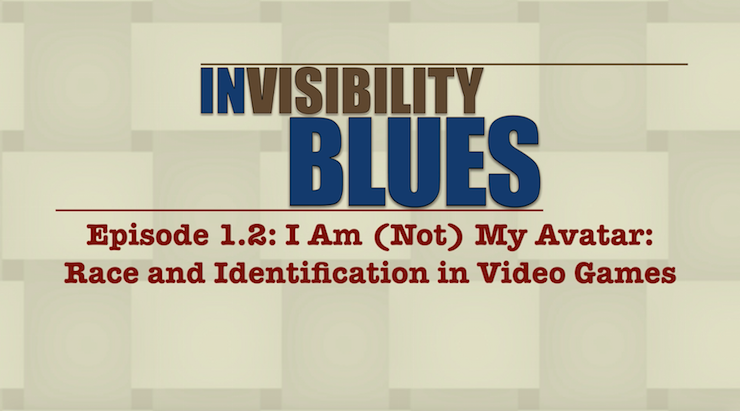Sometimes being a teacher means you have to have some tough conversations with your students. I think of them as dialogue wheel options, Bioware RPG style, when I’m standing in front of my freshman writing class. Every day my options light up depending on the topic to be taught, the mood of the class as a whole, the latest assignments. Some days I open with a joke, a snide comment about Midwest weather, or a reminder about due dates.
Some days my dialogue wheel options are clear as day, and life is like a video game: I choose to speak privately with the student who has his earbuds in for the duration of a fifty minute class period instead of calling him out in front of his peers. I choose to emphasize one aspect of the reading on visual rhetoric over the other. I choose to review old concepts of rhetorical theory before introducing new ones. In my mind, I’m Dragon Age’s Inquisitor, or Mass Effect’s Shepard, making small decisions that have impacts of various importance.
The classroom is a political place, whether administrators like it or not, especially when you teach rhetoric to a group of teenagers who are trying to navigate a new situation – college – for the first time. As much as we are encouraged to keep our personal politics out of our lesson plans, we still have to acknowledge the exigency of our students’ existence, the realities of what they must face daily as they come to our classrooms and what they face beyond them.
Lately I’ve been seeing new dialogue options opening up on my decision wheel. New quest objectives. New ways to use games as a metaphor for my life. I stand in front of my class and talk about the proliferation of alternative facts and fake news, the importance of investigating ethos and credibility, and the necessity of being thorough, critical, and analytical as we evaluate the information we find on the Internet.
I don’t want to talk about what’s been on every news organization’s front page for the last week. I don’t want to review the active shooter drills in my mind as I look around my classroom and take the terrain into consideration the way I would in a strategy game. I don’t want to look at the windows and consider how much damage my students would take trying to jump from the second floor. I don’t want to check the door to see if it locks, don’t want to be aware of the light switches and the desks that will in no way provide cover if the classroom is breached.
Breach. Cover. Strategy. Words that shouldn’t be used in a classroom. Words I use in an action RPG when I’m leading my squad through the ruins of Central London in Mass Effect 3. Strategies that shouldn’t be applied to a college freshman writing course. Things I shouldn’t have to consider as I detail the significance of social media on public opinion. Something I hold in the back of my mind I should be able to dismiss as fantasy, as something found in games, just games.
According to some folks, including the Governor of Kentucky, games are the root of the problem. Seems we’ve gone full circle, making arguments that were old and tired back when Columbine happened, pointing the finger at everything and anything we can, the video games, the internet, a lack of empathy in ‘those darn millennials’. Never mind the millennials are in their twenties and thirties and trying to survive the dialogue wheel impossible choice of ‘pay rent’ or ‘eat dinner’.
If life is like a video game then I’d like to activate some power ups for myself and for my students. I’d like to live in a world where I don’t have to look at my students, sleep-deprived and distracted as they are, and seriously consider if I have the strength to block the door and jump in front of them if someone with a gun comes in and threatens what I have tried to make a safe environment.
Being a teacher is a skill tree that doesn’t come with a weapons proficiency. Most of us in academia are focused in the art of knowledge generation, the imparting of wisdom, and the sharing of tools for future learning. Politicians now suggest they arm us, teachers, the keepers of knowledge, the educators. And give us bonuses for gun training to boot. When I became a teacher I thought that the most difficult decision that would pop up on my dialogue wheel would be deciding whether or not to mark a student with a passing or a failing grade.
New dialogue options are opening up. They seem more suited to someone who went into a military profession. Tactical choices about placement in the classroom. Failsafes and escape plans. Considering, and being horrified that I’m considering, what I would do if I WERE indeed given a gun and told that it was my duty and my job to take out an active shooter if they threatened my students.
I’m a PhD Student in my thirties studying rhetoric and I’ve been told by these legislators and pundits that I need to judge in a split second which life is more worthy: a shooter or a room full of students.
I’ve been told that in order to be a teacher, I now have to be comfortable with killing.
As a teacher, I didn’t sign up for a weapons proficiency. I didn’t want additional action items on my dialogue wheel. I never wanted to sit down and seriously consider what I would do if I had a gun and someone came into my classroom to threaten my students.
Looking inside myself and determining whether or not I’m the kind of person who’s capable of killing is not what I signed up for.
I’m afraid of what I’ll find.
I’m comfortable with moral choices in video games. Choosing between saving one group or another, whether or not to shoot the villain or let him live. Those are games. I can turn off the game. I can reset the game. I can step away from the game.
This isn’t something I can step away from. Isn’t something any of us can step away from.
Video games aren’t the problem. The internet isn’t the problem. Guns are the problem. Careless and lax regulations on guns are the problem. Reality is the problem. If we’re going to look at it like it’s a game, it’s a game in hardcore mode that will wipe your save the second you go down and lose all your lives. Or all your life. Since you’ve only got the one.
I’ve only got the one. And the students I teach, as well as countless others, aren’t the ones having trouble distinguishing games from reality.
Pretty sure it’s the people who care more about the guns.
For more information about action being taken to stop gun violence in schools go to the March for Our Lives official website and Facebook page.






